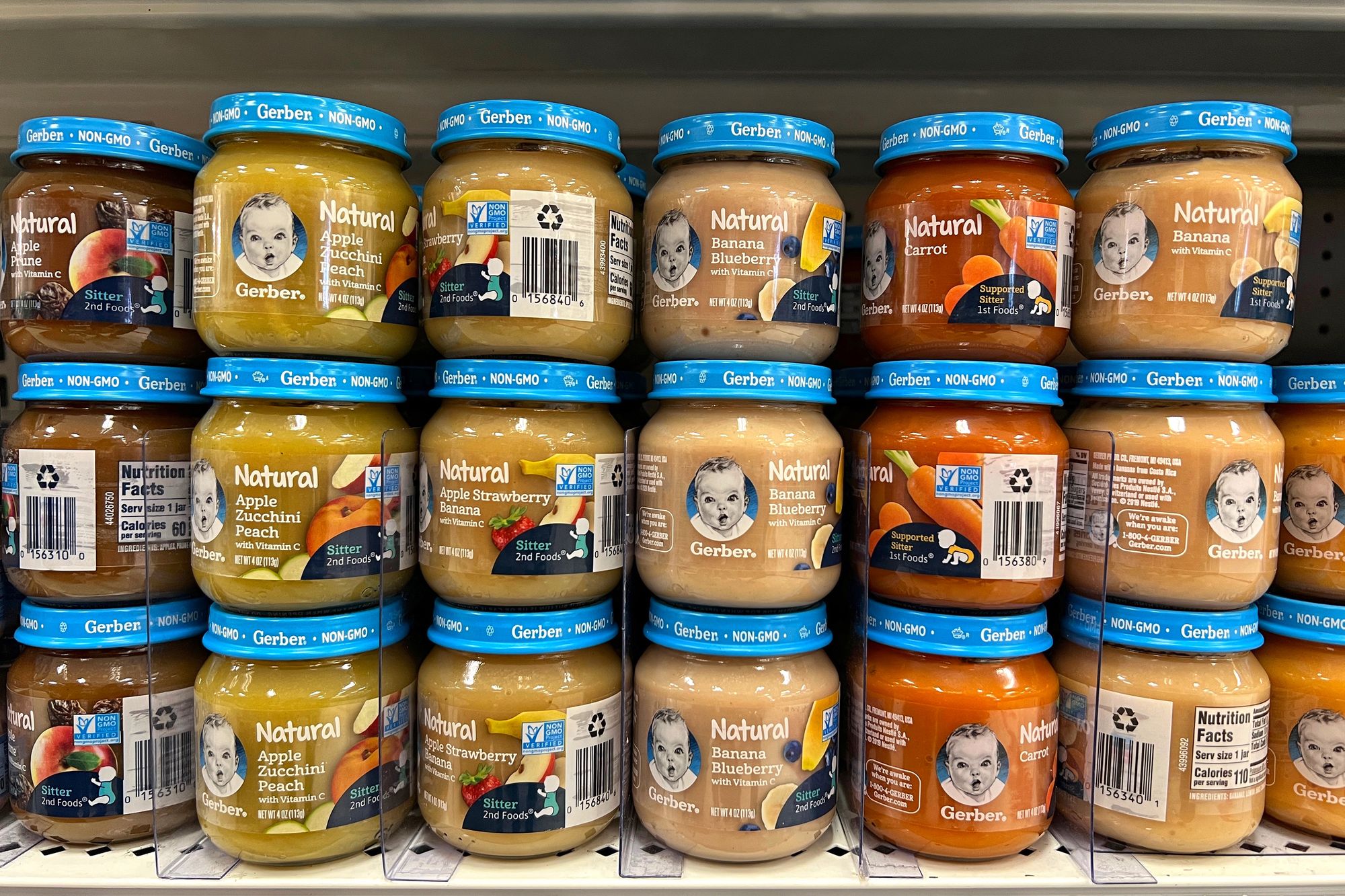Heavy Metals in Some Baby Foods: A Potential Link to Autism and ADHD – What Can You Do?


As parents, we rely on baby food to provide essential nutrients for our children's growth and development. However, recent findings have raised serious concerns. Some baby foods have been found to contain toxic levels of heavy metals like lead, arsenic, and cadmium, which are neurotoxins and can have detrimental effects on children's health. In particular, exposure to these heavy metals may be linked to Autism Spectrum Disorder (ASD) and Attention Deficit Hyperactivity Disorder (ADHD).
The Impact of Heavy Metals on Children's Health
Babies are more susceptible to the health effects of heavy metals. Unlike adults, they are less capable of processing these substances, which can accumulate in their systems and cause developmental problems. Research suggests that heavy metal exposure might be linked to conditions such as ASD and ADHD.

Potential Culprits - Certain Baby Food Brands
Specific brands of baby food have come under scrutiny. If your child consistently consumed one or more of the following brands for at least one year and was later diagnosed with autism (between the ages of 2 and 14) or severe ADHD (between the ages of 8 and 14), you might have a legal claim:
- Plum Organics
- HappyFamily (HappyBaby, HappyTOT, HappyKid)
- Beech-Nut
- Sprout Organic Food
- Parent’s Choice FOOD Products
- Earth’s Best Organic Food Products
- Gerber

Recognizing Other Contributing Factors
While heavy metals in baby food might contribute to the development of ASD and ADHD, it's essential to note that these conditions can also stem from a range of genetic and environmental factors. These include family history, certain genetic conditions, physical trauma or injury during pregnancy or birth, serious infections before birth, and exposure to other toxins such as illicit drugs, alcohol, or pesticides while in utero.

If your child is under 14 years old, has consumed one of the listed baby food brands for at least a year, and has developed Autism Spectrum Disorder or Attention Deficit Hyperactivity Disorder, you might have a legal claim. It's crucial to reach out to a qualified attorney to determine if you are eligible to participate in a toxic baby food lawsuit investigation.

As parents, it's our responsibility to be aware of potential risks associated with our children's food. If you believe your child's ASD or ADHD diagnosis is linked to these toxins, it's essential to take action. Pursuing a toxic baby food lawsuit investigation may be a path to secure compensation to help address the challenges faced by your child and your family.


